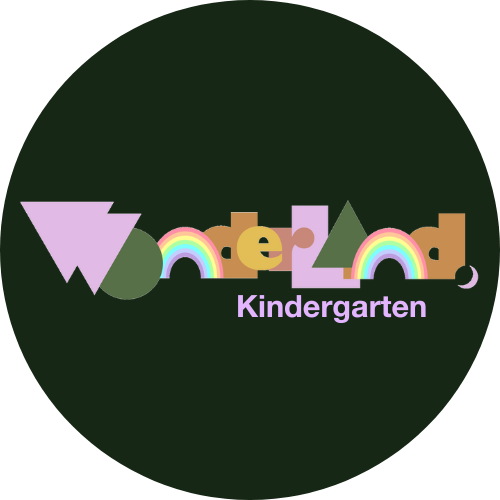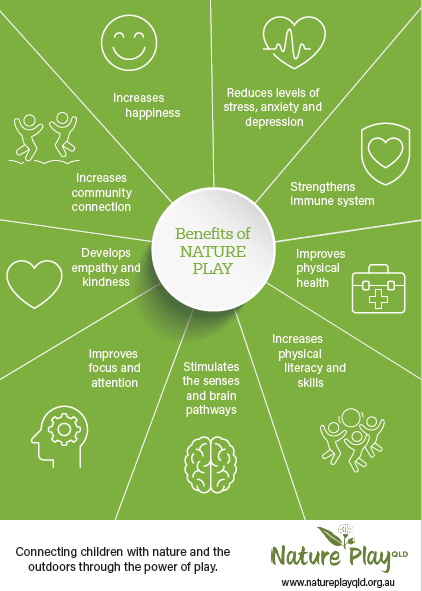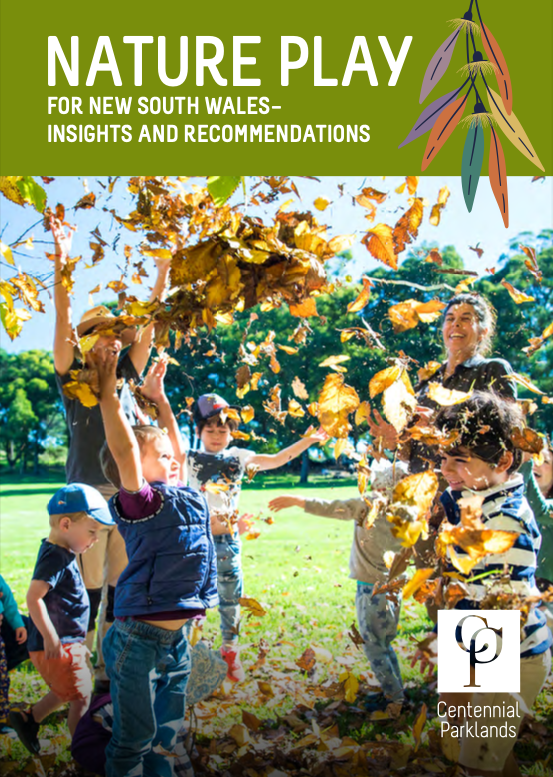All About NATURE PLAY
You may have heard the term ‘Nature Play’ being used increasingly frequently of late but perhaps are not entirely sure what it means. The concept is not new, first starting in Denmark in the 1950s and generations of children have since reaped the benefits in the northern hemisphere of what are termed ‘forest kindergartens’.
Forest kindergartens, or nature kindergartens, are a childcare model where the children spend their days outdoors in the natural environment.
For Wonderland Kindergarten, this means the children experience the majority of their day at Centennial Park, including play and meals.
It means that the weather and the environment are truly experienced by the child and they have time to immerse themselves in nature. They may go to the same place each day but it is always changing – perhaps a branch has fallen, the temperature has cooled, there are new birds, the leaves have changed. This experience allows them to experience the awe and wonder of nature on a daily basis.
As Clare Warden notes in her book ‘Nature Kindergartens and Forest Schools’ there is a subtle but important difference between “going” outside and “being” outside. To “be” somewhere is to work on another plane. It takes time to be mindful and present when you are in nature. Nature Kindergartens allow children the opportunity to truly be outside and experience positive outcomes accordingly.
Nature Play offers benefits at the individual level of the child and for the community at large – from the role of the educators in the Kindergarten, through to the families of the children attending the Kindergarten and reaching onwards and outwards from there.
Bush Kindy, Wild Kindy, Nature Kindy, call it what you will, they all have the same central premise and that is – let our children play in nature.



